蚊媒疾病预防:战略伙伴关系为帮助家庭抗击疟疾带来了新的潜在解决方案
60 多年来,庄臣一直致力于开发各种产品,帮助家庭远离传播疾病的害虫。
空间驱虫剂是指能在某个空间内将杀虫剂释放到空气中的蚊香、驱蚊垫和电热蚊香液,尚未进行深入研究来了解它们在帮助预防疟疾、寨卡病毒和登革热等蚊媒疾病方面的潜在影响。
为此,我们继续带头帮助各个家庭预防虫媒疾病,与圣母大学和 Eljakman 分子生物学研究所合作,在比尔及梅琳达·盖茨基金会的资助下力求证明空间驱虫剂可以成为帮助减少蚊媒疾病传播的有用工具。
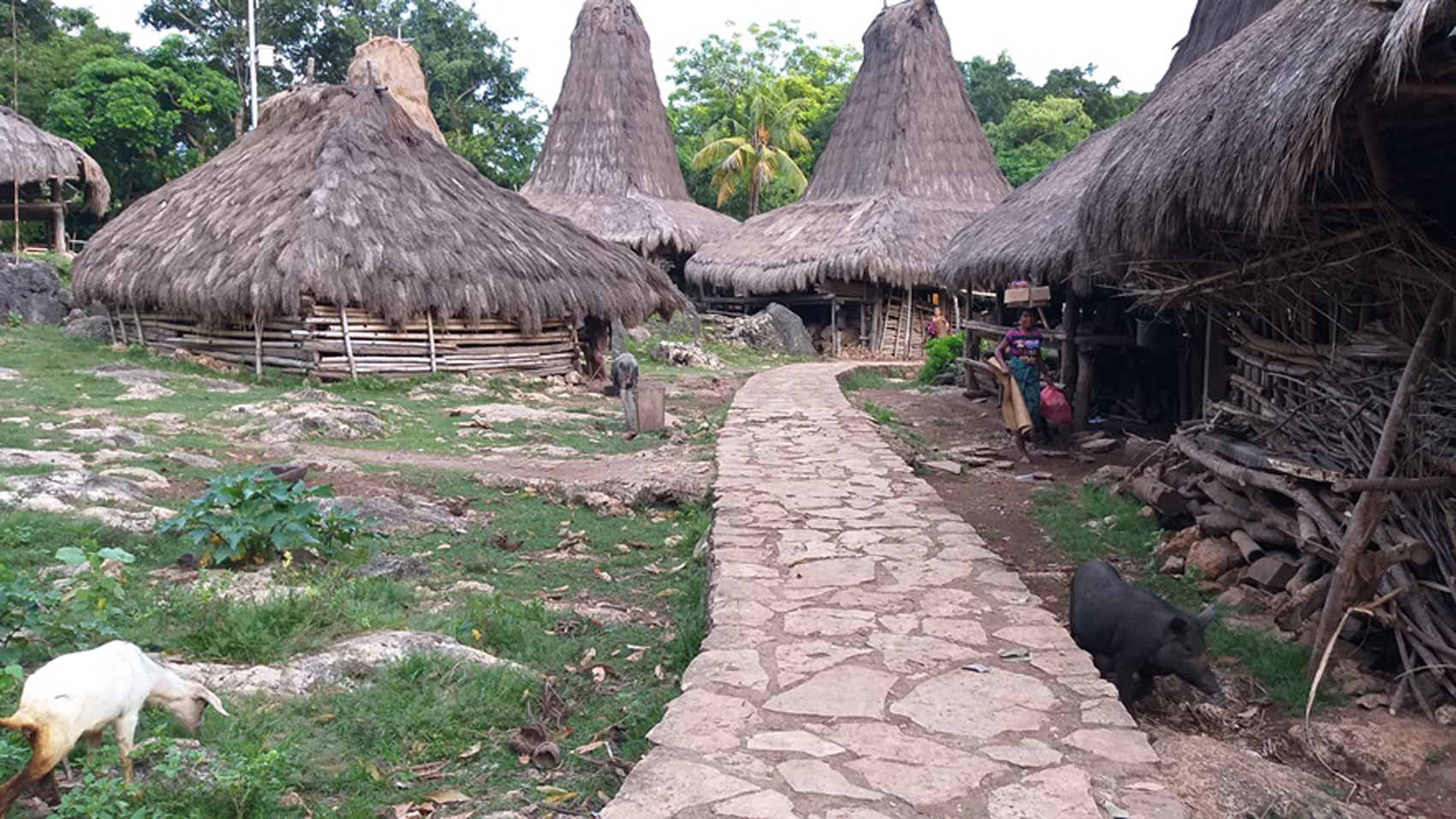
证实空间驱虫剂的功效
在印度尼西亚松巴岛的一个社区,研究人员对一种创新型空间驱虫剂进行了测试,该驱虫剂是庄臣专门为这项研究开发的。这项空间驱虫剂研究的分析数据显示,疟疾传播率基准为零的一些村落的率先感染率降低了约 28%,而在蚊子数量至多的村落,疟疾的总体感染率降低了约 66%。
世界卫生组织 (WHO) 在世界卫生组织病媒控制咨询小组第十次会议报告中发布了这项研究的数据。
多年来,我们一直致力于预防疟疾。令人振奋的是,世界卫生组织本周的报告显示,空间驱虫剂是对抗该疾病的有效工具。
Fisk Johnson,庄臣董事长兼首席执行官
“多年来,我们一直致力于预防疟疾。令人振奋的是,世界卫生组织本周的报告显示,空间驱虫剂是对抗该疾病的有效工具。此次成功为进一步研究打开了大门,我们希望这将为世界卫生组织建言献策。至终,我们希望这能进入公共卫生渠道,挽救生命。”
对于疟疾至泛滥的地区,此次研究及其结果可能有助于填补室内残留喷洒和使用蚊帐之间的防护空白。这项研究也证明了, 合作 是全球在抗击蚊媒疾病方面长足进步的关键。
蚊媒疾病数字解读
尽管在降低蚊媒疾病死亡率方面有了进步,但世界卫生组织在 2018 年指出, 一些国家的疟疾病例显著增加,许多至脆弱的社区无法定期采取预防措施。
世界卫生组织称,世界上有将近半数人口,也就是 32 亿人,有罹患疟疾的危险。2017 年,全球估计有 2.19 亿疟疾病例,比 2016 年增加 300 万。

庄臣创新型空间驱虫剂
庄臣为空间驱虫剂研究而研制的新产品在设计时考虑到了全球公共卫生渠道。该新产品使用方便,并尽量缩短设置时间。该产品只要拉开便会启用,如同打开一本书,然后将其挂在家里即可。
该产品会被动散发活性成分 Transfluthrin,在特定区域内利用自然气流保护人们免受蚊虫叮咬。
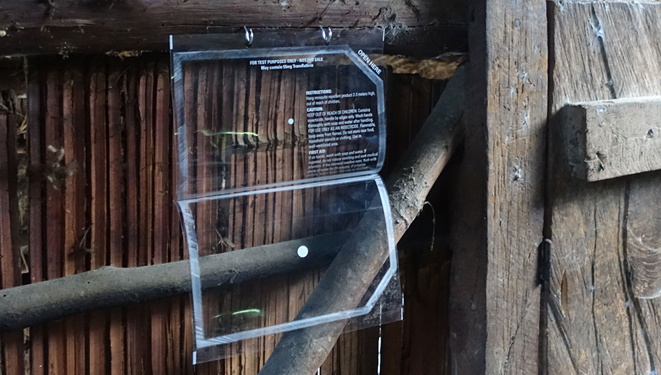
我们对金字塔底层社区的承诺
“对于全球面临疟疾风险的数十亿人来说,预防是关键。”Johnson 继续说道,“庄臣有一个优秀的团队致力于针对这个严峻的公共健康问题开发切实可行的解决方案。”
二十多年来,庄臣一直在与经济金字塔底层的社区合作,帮助改善生活水平和预防蚊媒疾病。我们专门成立了“金字塔底层” (BOP) 团队,该团队在全球高危社区工作和生活,为居民提供预防策略教育,包括:
- 与卢旺达卫生部和卢旺达家庭健康协会建立多年的合作关系,帮助该国解决疟疾等公共健康问题,并建立多个保健站。
- 2012 年,与康奈尔大学的可持续全球企业中心合作在加纳启动 WOW™ 俱乐部试点,探寻帮助家庭的新方法,通过新的业务模式(为农村家庭提供驱虫剂和杀虫剂)来减少疟疾传播。
相关故事
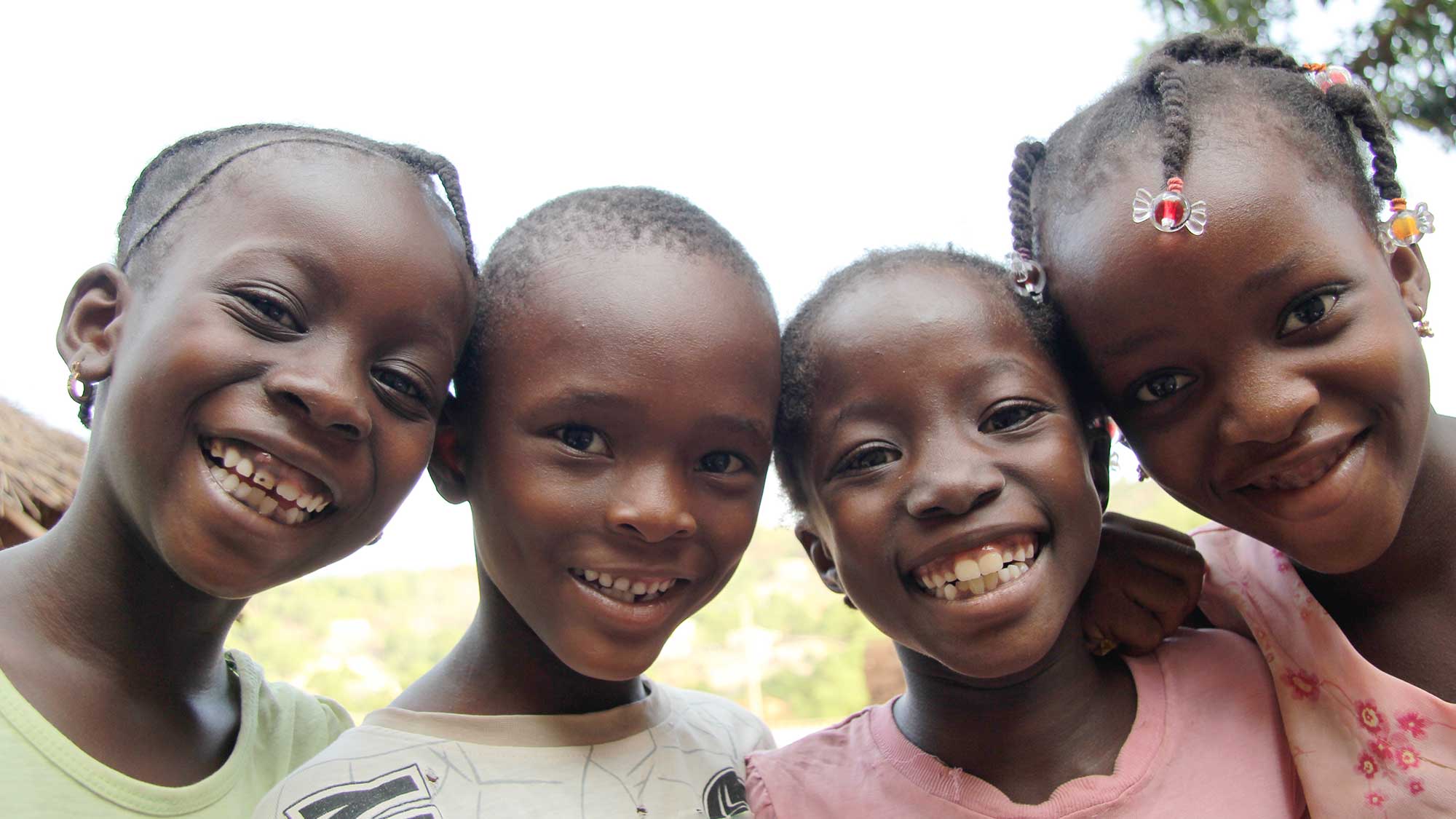
庄臣支持卢旺达的家家户户获得更多医疗保健服务、开展蚊虫疾病预防
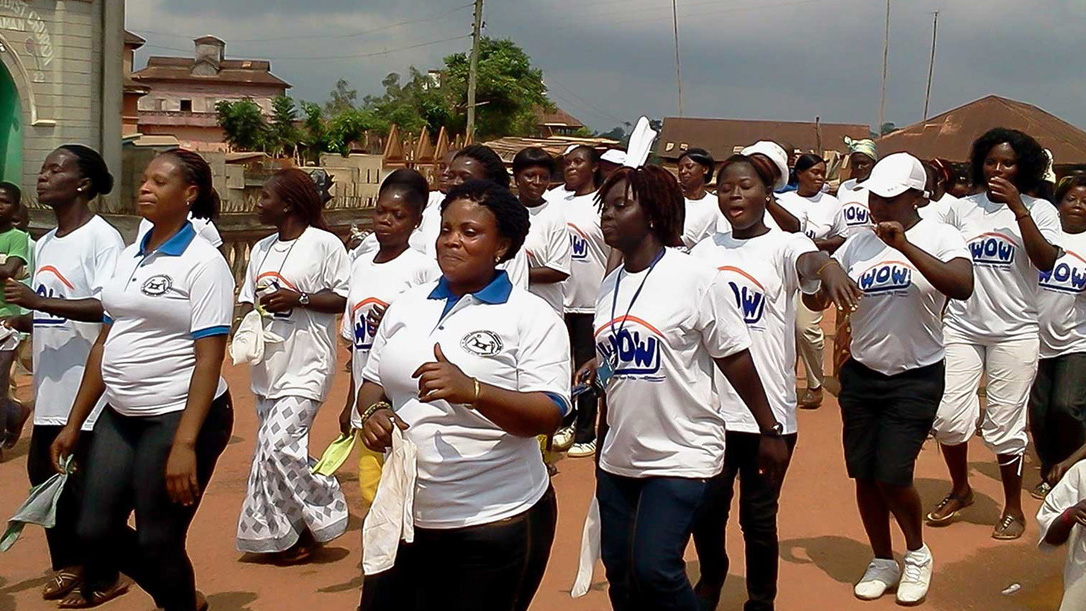
金字塔底层的社会企业:庄臣案例研究
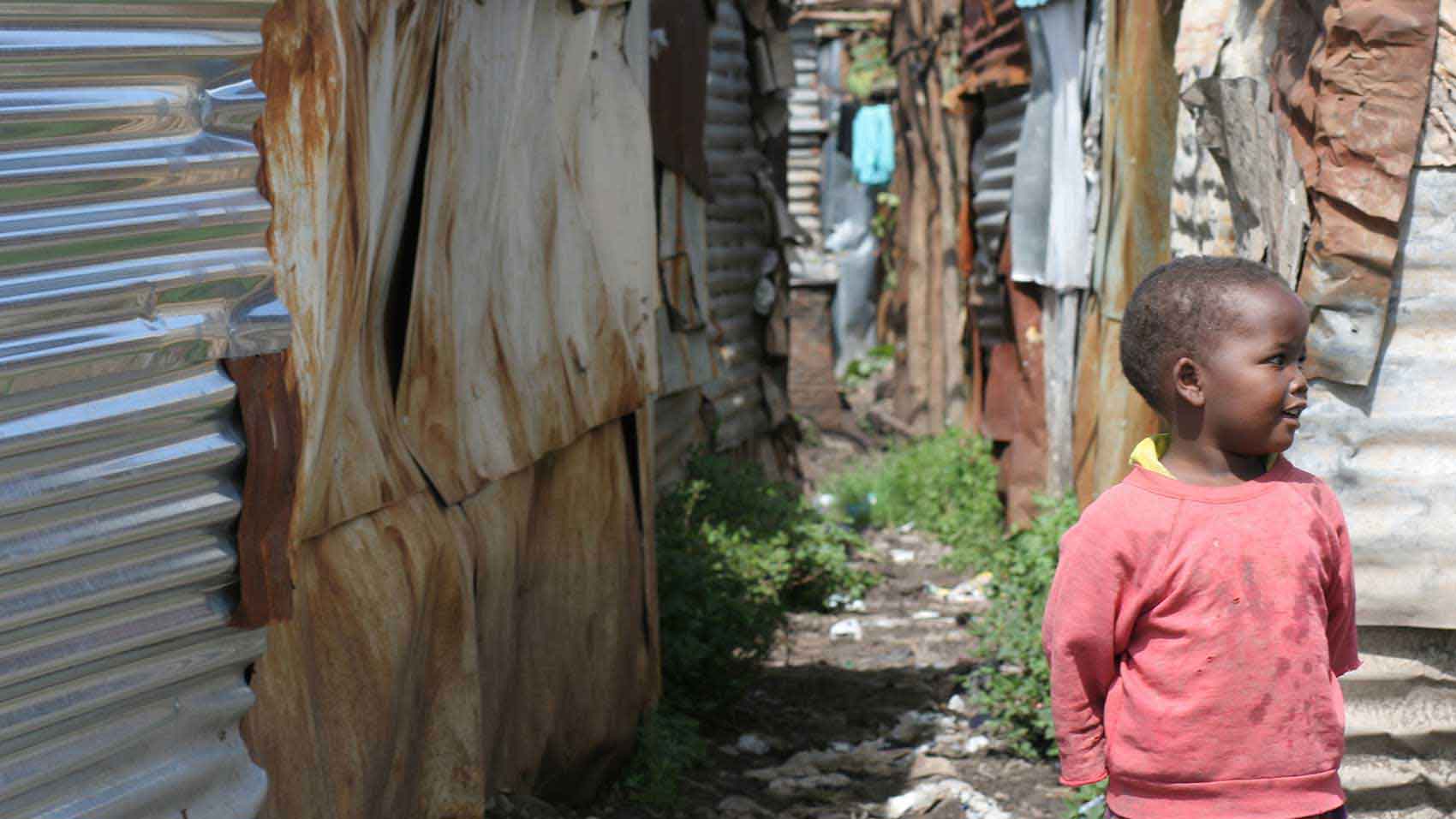
蚊子叮咬和其他家庭常见害虫对抗之战:保护、预防和教育
